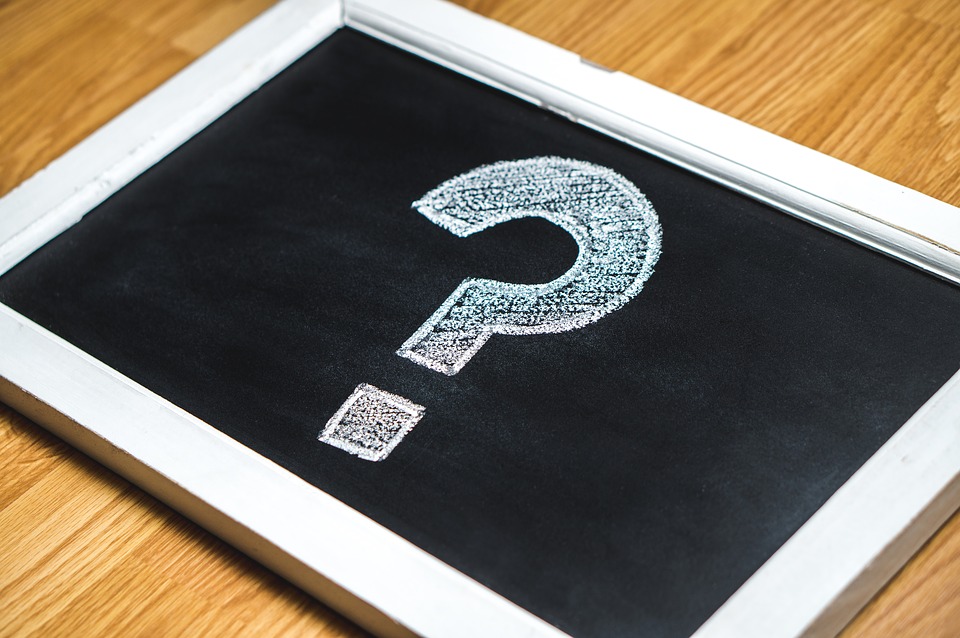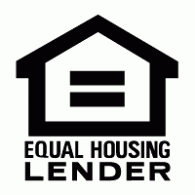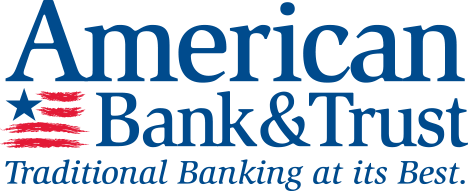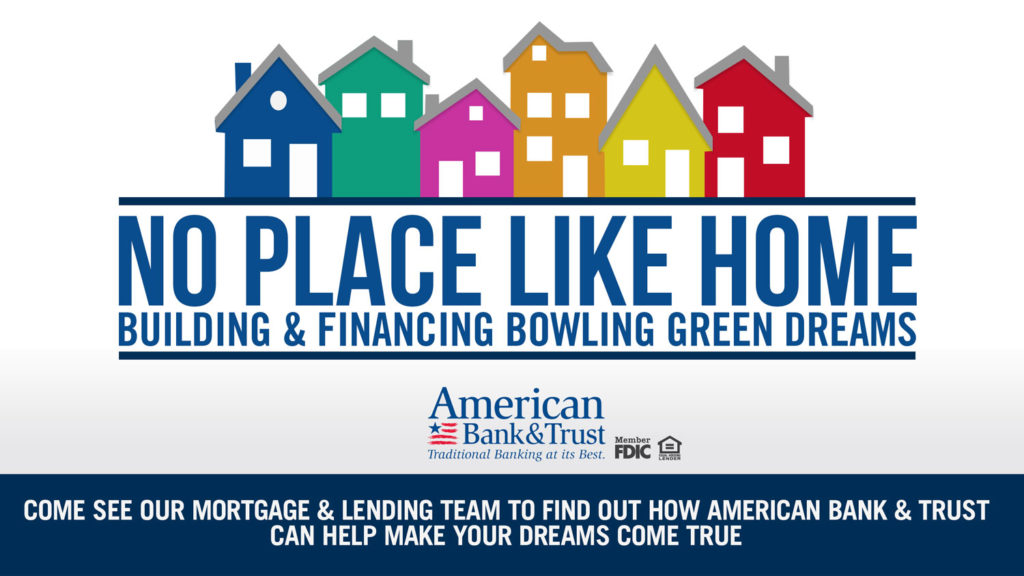FAQs

General Information
What does “Member FDIC” mean to you?
FDIC stands for the Federal Deposit Insurance Corporation. The FDIC was created in 1933 to help create stability in the banking system during the depression by covering each banking customer at insured institutions for most, if not all, of their deposits. Currently, the FDIC covers a minimum of $250,000 of insured deposits. Banks must decide to participate in the program. And all member FDIC banks pay a fee to cover their customers from loss in the unlikely event of the bank failing.
You can download a copy of the FDIC Deposit Insurance brochure.
Have more than $250,000 you need to protect? Ask our customer service representatives how you can get even more coverage with no cost and minimal effort.
Calculate the insurance coverage for your deposits by going to edie.fdic.gov
Unsure if your bank is a Member FDIC bank? Look for the FDIC official sign at all teller stations to make sure your institution has elected to protect your money.
Or visit https://research.fdic.gov/bankfind/ and enter your banks information.
What is an “Equal Housing Lender”?
Why should you look for a bank who is equal housing lender? The term Equal Housing Lender means the bank is doing business in accordance with Federal Fair Lending laws. Specifically the Fair Housing Act of 1968 which prohibits discrimination on the basis of race, color, national origin, religion, sex, handicap or familial status (having children under the age of 18).
Make sure to look for the Equal Housing Lender symbol at your institution.
And if you believe you have been discriminated against, please visit https://www.hud.gov/program_offices/fair_housing_equal_opp/online-complaint to file a complaint and get additional information and assistance.
Why is a community bank a good choice for me?
There are so many choices to fulfill your banking needs. Why would banking with a community bank be a better solution than a national bank?
Community banking has often been portrayed as unable to keep up with national banks. But in reality, advances in technology have helped community banks compete with the bigger banks in areas such as products and services. You can often find a community bank with very similar accounts to a national bank, but with fewer or no fees.
Community banking is not focused on making Wall Street happy. Their focus is on making their community successful. Through small business loans and local decision making, community banks share a commitment to your community. Most importantly, community banks still maintain the personal service that is very important to all of us when dealing with our money.
Knowing the staff at your bank and being confident that they have your best interest at heart is the cornerstone of community banking. Make sure to look into the features of your local bank before you rule them out. You will be pleasantly surprised at how enjoyable banking can be.
What is a Certificate of Deposit (CD)?
Are you seeing great interest rates advertised on CD’s but you’re unsure what that means for you? A CD, or certificate of deposit, is a federal insured savings account that typically has a fixed interest rate and fixed withdrawal date. By placing your money in a CD, you are promising the bank that the money will be on deposit for a certain amount of time.
Banks often offer better interest rates on CD’s because of this promise. When your CD matures, your funds become available and you can withdraw them or put them back in another CD to gain even more interest. Many banks offer automatic renewals of CD’s for their customer’s convenience. There are many types of CD’s on the market. Talk to your customer service representative to find out what CD will best suit your needs.
What happens if you need your money and your CD has not matured? Your money is always available to you. However, there is often a significant penalty for pulling the funds before maturity. Make sure to ask about any penalties before investing your money in a CD.
How does a bank make money?
There are banks everywhere, how do they all stay in business? How does a bank make a profit when they pay me interest on my money?
Banks make money by taking the funds entrusted to them and lending them to well qualified borrowers. This could mean lending to your neighbor for a new car, or lending to a small business for operating expenses. Banks take the excess money of the community and find safe ways to promote economic growth and to fulfill the dreams of the community and its residents.
Banks make money by charging a slightly higher interest rate on the loans they make than the interest they pay on your deposit. This “margin” is the profit used to keep the bank operating.
So remember the next time you see a new car on the road or attend a business grand opening, it could be your savings that has helped make those dreams a reality.
Why does the bank always ask for my ID? or What is the Patriot act?
Does your bank ask for your Identification every time you make a transaction or open a new account? After banking with them for years, shouldn’t they know who you are?
Although it might seem that your bank is trying to annoy you, they are most likely following procedures that have resulted from the Patriot Act of 2001.
Six weeks after the September 11, 2001 terrorist attacks that killed 3,000 Americans, Congress passed the USA Patriot Act in an attempt to prevent future incidents of terrorism. The acronym USA Patriot Act stands for Uniting and Strengthening America by Providing Appropriate Tools Required to Intercept and Obstruct Terrorism Act of 2001. The law was proposed by the Department of Justice with the intention of providing additional tools to the Central Intelligence Agency (CIA), federal prosecutors and the Federal Bureau of Investigations (FBI) for the purpose of identifying and disabling terror networks both in the United States and abroad. It has far-reaching effects, including how citizens and non-citizens of the United States interact with banks.
When you open a new checking, savings or loan account with a bank, they are required to verify your identity by confirming your name, address, date of birth and a valid identification number (SSN). Adopting a policy of always checking identification is one way banks are attempting to reduce the risk of illegal activity, and in turn comply with federal law.
Why do some banks hold my money?
When you deposit money into a bank, sometimes you will not be given immediate credit for those funds. This can make things difficult if you have an immediate need for your money. So why do banks hold fund? What are the rules?
When you deposit funds into your account, the bank often puts a hold on those deposits, meaning you need to wait for at least one business day before you can use the money. Especially with checks and money orders, banks cannot be sure that a payment is legitimate, plus the money doesn’t actually arrive at your bank for several business days (or more) after you make your deposit. The hold is intended to protect the bank from losing money. These holds also protect you to some extent, since you are ultimately responsible for any deposit you make to your account. If your bank allows you to cash a check that later bounces (which can happen several weeks after you make the deposit), you’ll have to pay fees and you’ll have to repay the bank for the money they gave you – even though none of it was your fault. Federal regulations limit how long a bank can hold your money. A bank can release funds earlier but never later.
Banks generally make funds available the next business day after your deposit. However, there are six times a bank might extend the hold. Those include:
- Large deposits – Any amount exceeding $5000.
- Redeposited checks – This happens when a check previously returned for insufficient funds is presented for deposit again.
- Repeatedly overdrawn – Extended hold times can be placed on accounts who are repeatedly overdrawn.
- Reasonable cause for the doubt of collectability – used when there are the existence of facts that would cause a reasonable person to believe the check is not collectable.
- Emergency conditions – things such as natural disasters and communication malfunctions.
- New customers – Customers who opened a relationship with the bank less than 30 days prior.
Consult your account opening documents for further information on hold times.
What is a Home Equity Line of Credit and do I need one?
A home equity line of credit, or HELOC is a loan secured by your home that allows you to borrow funds as needed for large expenses or to consolidate higher-interest rate debt such as credit cards.
A HELOC is a revolving line of credit which means, as you repay your outstanding balance the amount of available credit is replenished. This allows you to borrow as much, or as little as you need, up to the established limit. HELOC’s typically have a certain amount of time that you can borrow and a fixed amount of time till the loan is mature and fully payable. These times vary based on the bank and product selected.
HELOCs are a terrific way to make your money work for you. Establishing a HELOC now allows you be prepared for life’s unexpected events. Additionally, the interest paid on your HELOC may be tax deductible. (consult your tax advisor)
Can my business account earn interest?
Why don’t I get my checks back anymore?
Check 21 opened the door for electronic processing by giving substitute checks (high-quality reproductions) the same legal protections as the original check. Through Check 21 the depositing bank now scans the paper check and electronically sends it to the paying bank. As a result, funds are moved faster and for less expense.
Does your bank offer credit cards?
Yes, we offer VISA & American Express credit cards. Every location has someone to assist you in applying for a credit card. For more information, please call 270-796-8444.
If I don’t have any credit or a credit score how do I get approved for a loan?
Can I apply for a loan on-line?
I have a new phone, I can’t get my app to work?
Can I use my card internationally?
Yes, you can. ABT does not charge a fee, but there is a currency exchange rate fee. It depends on the country, but is usually less than 3%.
Can I buy foreign currency?
Yes, please stop by our location at 1302 Scottsville Road and see Sheila McPherson to order.
How many forms of ID do I need to open an account?
We need two forms of ID. We need one primary ID and one secondary ID. Primary can be driver’s license, passport or state issued ID card. Secondary can be a social security card, utility bill, birth certificate or insurance card.
What is my daily card limit?
Your point of sale (POS) limit is $2,000 daily and $500 at the ATM daily. We can increase your limit temporarily if needed.
Do I need to call the bank if I will be traveling outside of our area?
Yes, please call or come in to let us know you are traveling. You can also send a message through online banking to let us know you are traveling to ensure your debit card will continue to work.
What is the cut-off time to send a wire?
The cut-off time for a U.S. wire is 2:30 pm central time and 1:00 pm central time for an international wire.
Are there specific incoming wire instructions?
Yes, please call us or stop by for details.




